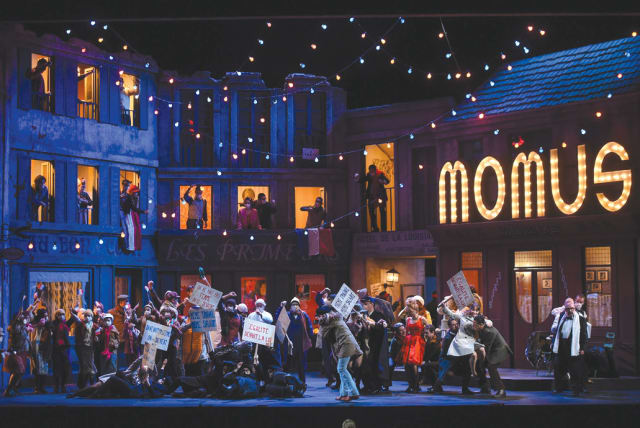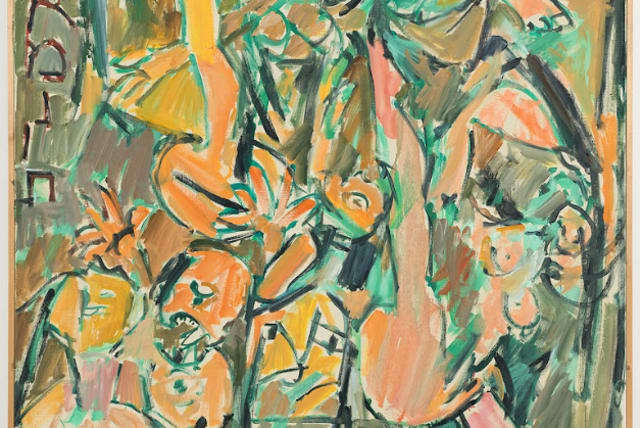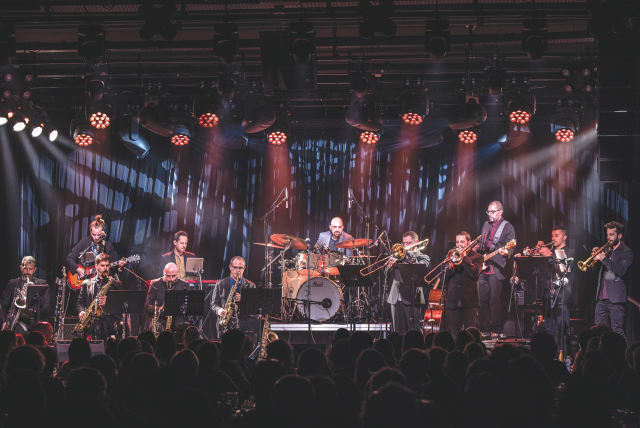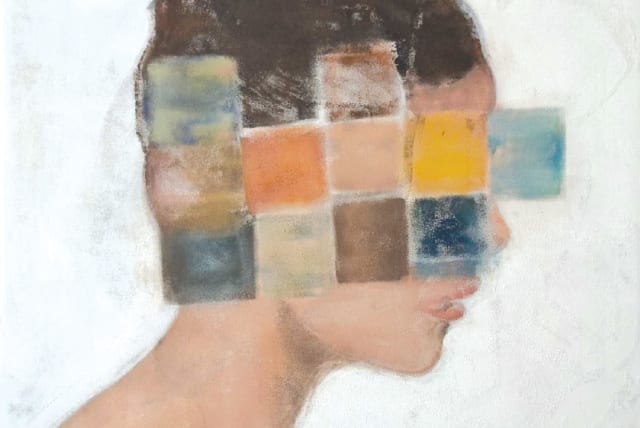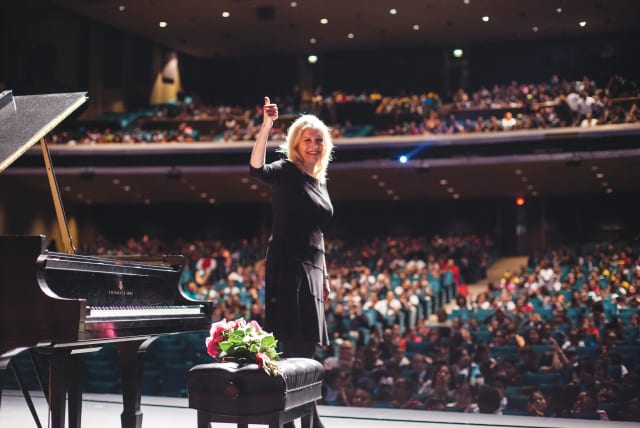The Israeli Opera unveiled the upcoming season during a press conference last week in the presence of its CEO, Zach Granit, students of the Meitar Opera Studio program, and director Shirit Lee Weiss.
The eight planned productions include revivals of two Hebrew operas: Mothers, by David Sebba (Monday, July 21, 2025) and Theodor, co-created by librettist Ido Ricklin, composer Yonatan Cnaan, and conductor Nimrod David Pfeffer (Sunday, March 2, 2025). Granit explained that many opera lovers were unable to attend performances when these productions were first offered, so the opera house decided to bring them back to meet demand.
The program includes a diverse selection of almost-certain hits, such as Donizetti’s L’elisir d’amore (The Elixir of Love), which will premier later this year (Thursday, November 7); artistically demanding productions like Britten’s Peter Grimes as reimagined by Mariusz Treliński (Friday, December 6); and internationally acclaimed productions like Puccini’s Turandot, co-produced with the Royal Opera House (Wednesday, June 25, 2025).
What's in store for the Israeli Opera in 2025?
Those who remember the late director Omri Nitzan’s 1997 production of L’elisir d’amore will enjoy the various nods in his memory offered by Weiss in the planned production. These include Doctor Dulcamara (Nahuel di Piero) entering the stage in the same fancy pink car used in the original performance to sing Udite, udite, o rustici! (Hear, hear you Country People). “Believe it or not,” Weiss said, “we found the car patiently waiting in the opera warehouse after all these years.”
Verdi’s Otello, directed by Adrian Noble for the Vienna Staatsoper, will feature Gevorg Hakobyan as Iago in a performance of Credo in Un Dio Crudel (I Believe in a Cruel God), which is sure to bring the house down. A brilliant depiction of a villain’s soul, the famous aria will be included in a novel retelling of the Shakespearean play as Iago drives Otello (Carlo Ventre) mad with fake news (Sunday, February 2, 2025).
Another Puccini opera, La Bohème, will delight opera lovers with its depiction of romance and artistic life in 19th-century Paris (Sunday, March 23, 2025), while Richard Strauss’s Ariadna Auf Naxos (Monday, May 19, 2025) will attempt to bridge the gap between so-called grand themes and crowd-pleasing romance.
In this unique opera, Strauss fused together a high-brow work related to Greek mythology – Ariadne (Hrachuhi Bassenz) abandoned by Theseus on the island of Naxos – with clowns competing for her affection as if in a burlesque (Tuesday, May 20, 2025).
Strauss, who had Jewish grandchildren, was shunned in Israel for decades due to serving as president of the Reich Chamber of Music (Reichsmusikkammer) in Nazi Germany.
Due to Hitler admiring his operas, Strauss was fairly safe on a personal level and could have declined. His decision was largely seen as an attempt to play along with a regime he personally loathed in order to protect others, like his family and fellow artists. The late National Religious Party (Mafdal) minister Zevulun Hammer made minor history when he attended a concert where Strauss’s music was performed and didn’t walk out.
“If anyone wants to learn how to build peace and good relations,” Granit told the press, “let them come to the opera.”
The Meitar Opera Studio singers are a wonderful microcosm of Israel’s diverse society. Rania Ateek from Nazareth, Adi Ezra from Nesher, Shlomit Leah Kovalski, an observant singer from Jerusalem with family ties to the US, and Kirill Odintsov sang a selection of arias.
A Russian national married to a Jewish partner, Odintsov moved to Israel following the Russian invasion of Ukraine and performed a portion from the Hebrew opera Theodor alongside Roy Weitz.
Granit, who will become the artistic director of the opera next season, leaving the responsibilities of a CEO to a yet-to-be-decided person, noted with pleasure that 6,500 young people now enjoy an opera subscription and that Poulenc’s Dialogues des Carmélites attracted many patrons below the age of 30.
It was magical to listen to Weitz and Odintsov, accompanied by pianist Daniel Chervinsky, take on the roles of, respectively, Zionist leader Theodor Herzl as a young man and a more experienced one looking back.
The duet featuring Kovalski (the matriarch Leah) and Romi Zelig (Rachel), taken from Mothers, was beautiful.
“The same darkness I used to fool Jacob,” sang Kovalski about how Leah replaced her sister on the night Jacob married her, “was the darkness he used to fool his father in the tent.”
Ateek shared how important it was for her artistic development to see soprano Nour Darwish attain success, and Zelig confided how her artistic ambitions were nurtured by her mother.
“She took me to see Alban Berg’s Wozzeck when I was nine years old,” she laughed, noting that the usher working that evening politely wondered if this was a suitable production for such a young child rather than, say, The Magic Flute.
“My Romanian-born mother stared at him and hissed, ‘I think it is a wonderful idea,’” Zelig told the press. “It really was; look where I ended up!”
The Israeli Opera will begin its 2024/25 season on Thursday, November 24, with a production of ‘L’elisir d’amore’ and end with the last performance of ‘Mothers’ on Friday, July 27, 2025, at 1 p.m. . A season subscription is offered for NIS 360; this includes five operas, for which tickets for each pre-selected performance can be bought at a 20% discount. The Israeli Opera, 19 Shaul Hamelech St., Tel Aviv. Call (03) 692-7777 for more information.


